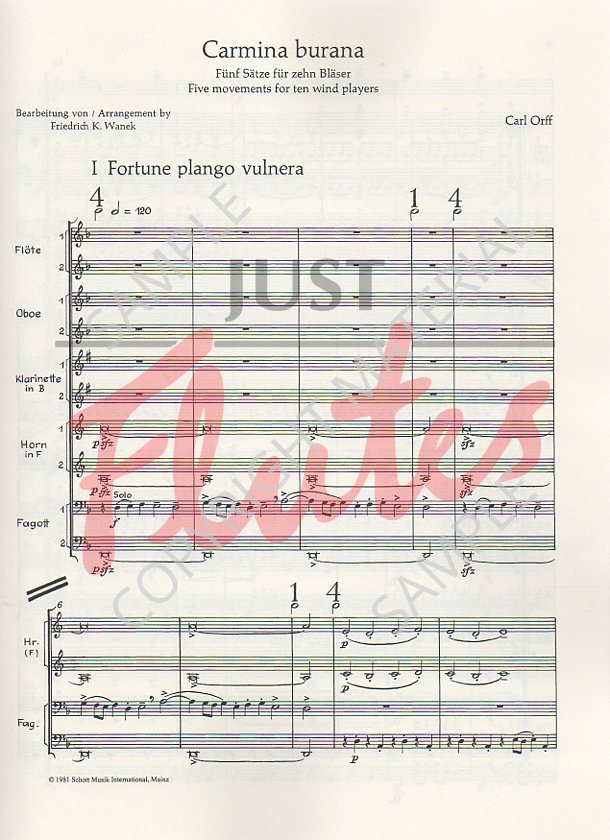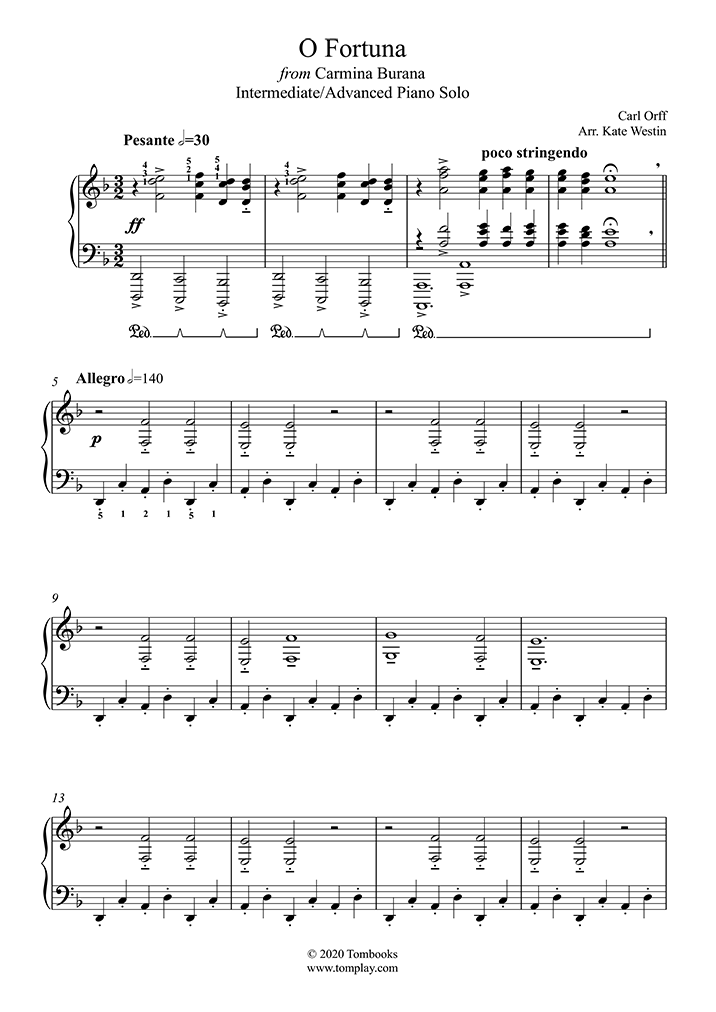
Orff's German version, Orpheus, was staged under his direction in 1925 in Mannheim, using some of the instruments that had been used in the original 1607 performance. He also began adapting musical works of earlier eras for contemporary theatrical presentation, including Claudio Monteverdi's opera L'Orfeo (1607). But while others followed the cool, balanced neoclassic works of Stravinsky, it was works such as Les noces ( The Wedding), an earthy, quasi-folkloric depiction of Russian peasant wedding rites, that appealed to Orff. Like many other composers of the time, he was influenced by the Russian-French émigré Igor Stravinsky. In the mid-1920s, Orff began to formulate a concept he called elementare Musik, or elemental music, which was based on the unity of the arts symbolized by the ancient Greek Muses, and involved tone, dance, poetry, image, design, and theatrical gesture. Afterwards, he held various positions at opera houses in Mannheim and Darmstadt, later returning to Munich to pursue his music studies. He then served in the German Army during World War I, when he was severely injured and nearly killed when a trench caved in. Moser's Musik-Lexikon states that Orff studied at the Munich Academy of Music from 1912 until 1914. Influenced by the French Impressionist composer Claude Debussy, he began to use colorful, unusual combinations of instruments in his orchestration. The following year, he composed an opera, Gisei, das Opfer ( Gisei, the Sacrifice). In 1911/12, Orff wrote Zarathustra, Op. 14, an unfinished large work for baritone voice, three male choruses and orchestra, based on a passage from Friedrich Nietzsche's philosophical novel Also sprach Zarathustra. They fell into the style of Richard Strauss and other German composers of the day, but with hints of what would become Orff's distinctive musical language. Many of his youthful works were songs, often settings of German poetry. In 1911, when he was 16, some of Orff's music was published.

At age five, Orff began to play piano, organ, and cello, and composed a few songs and music for puppet plays.

His paternal grandmother was Catholic of Jewish descent. His family was Bavarian and was active in the Imperial German Army his father was an army officer with strong musical interests. Carl Orff was born in Munich on 10 July 1895, the son of Paula (Köstler) and Heinrich Orff.


 0 kommentar(er)
0 kommentar(er)
